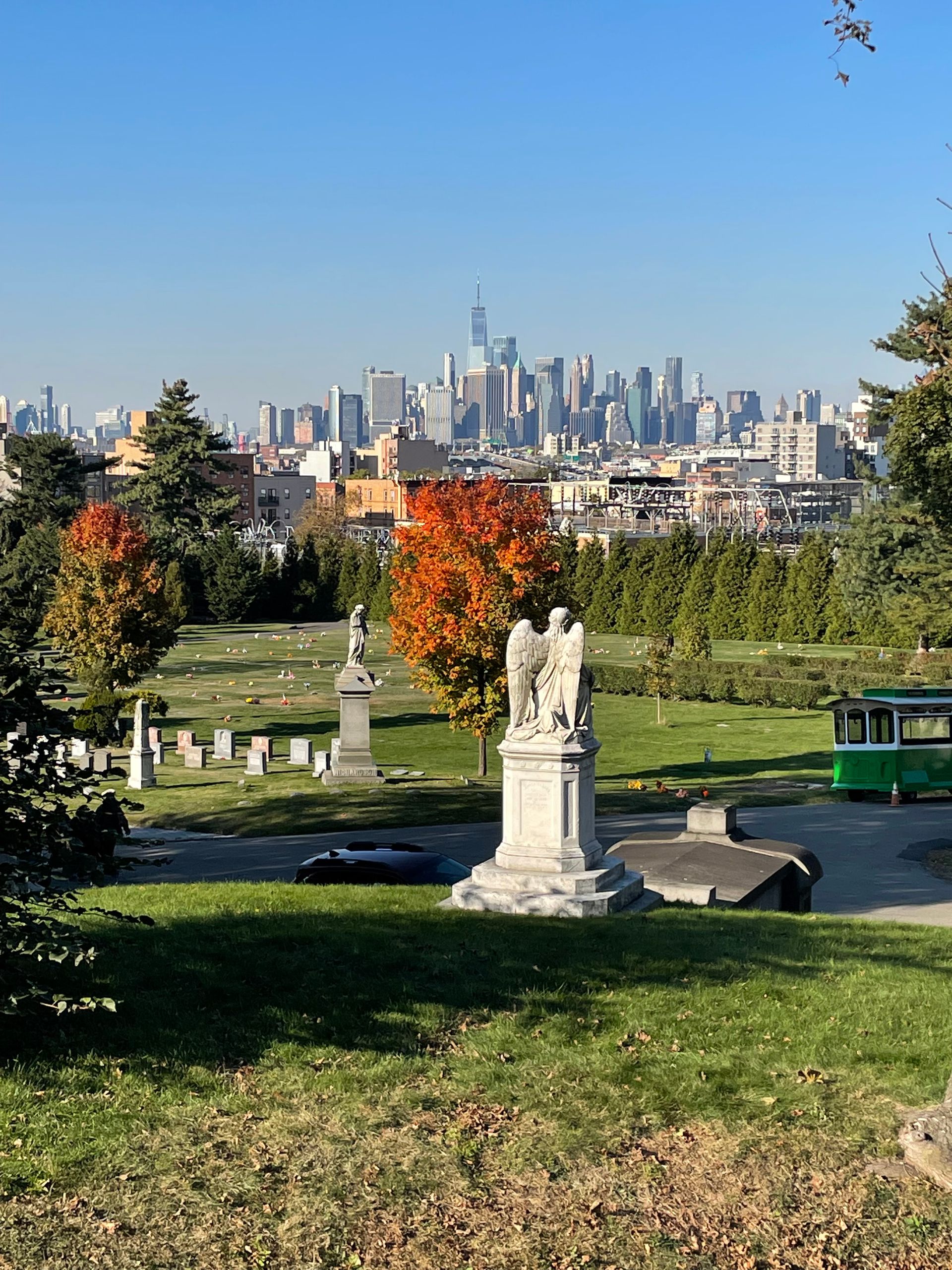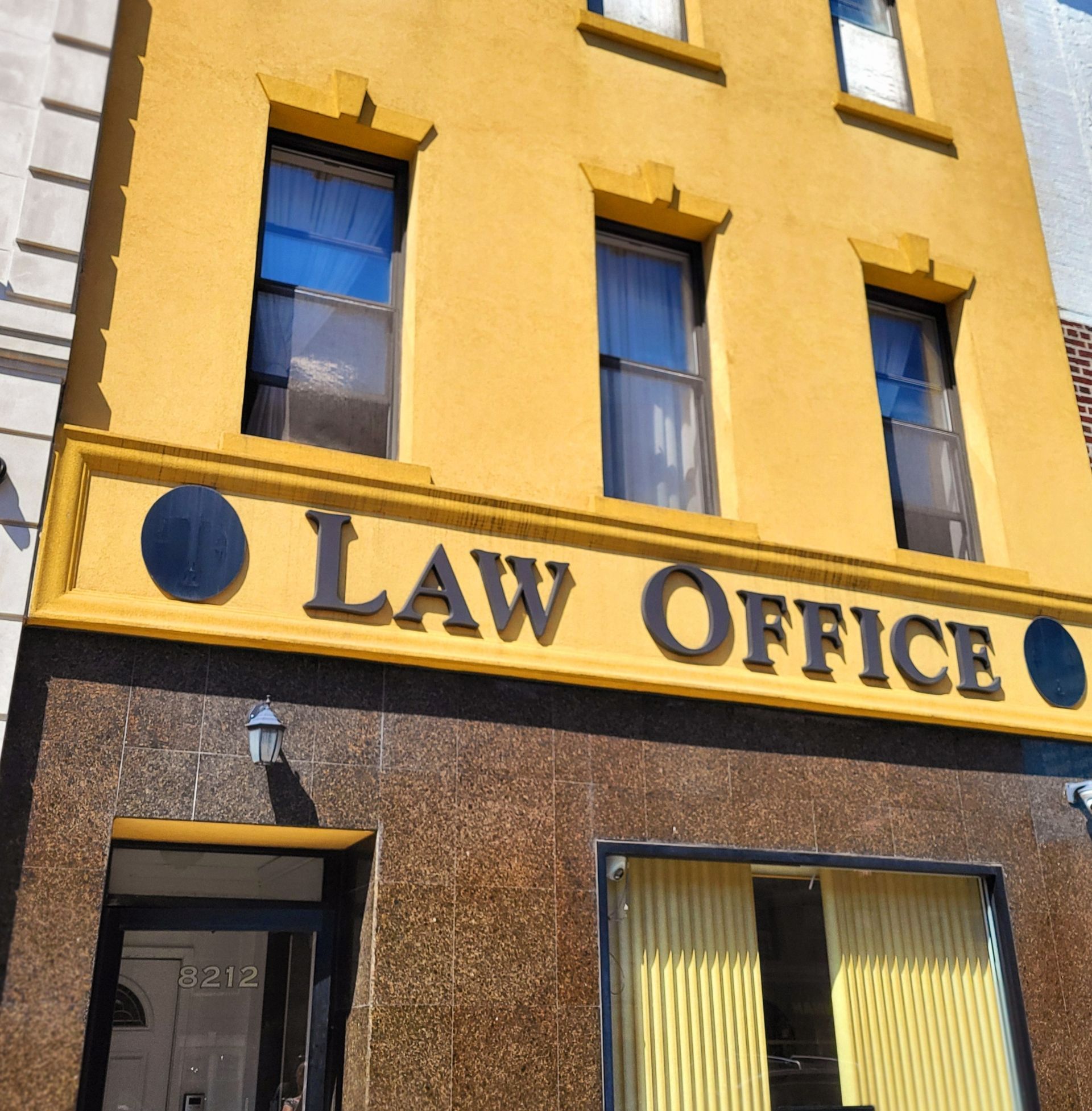Election 2020 Legal Update
2020 Election – Voting News Throughout the Country
In the most contentious presidential election year in American history, admits a global pandemic, voting is in the spotlight. Here is what you need to know:
Arizona
An Arizona District Court issued an order extending Arizona’s voter registration deadline to October 23 due to the impact of COVID-19. On October 2, two non-profit organizations sought an emergency motion against Arizona Secretary of State, Katie Hobbs, to extend the original October 5 deadline. Plaintiffs argued that if court enforced the October 5 deadline, it would burden their First and Fourteenth Amendment rights.
Hon. Steven Logan, U.S.D.J. granted a preliminary injunction, extending the registration deadline to October 23. Judge Logan found that Plaintiffs demonstrated a significant burden because voter registration dropped-off during the more restricted months of the pandemic. Because of the pandemic, the organizations could not reach the same quantity of voters as in a normal election year and Plaintiffs suffered the harm of not registering possibly tens of thousands of voters. Judge Logan stated, “a core tenet of democracy is to be ruled by a government that represents the population.” In a swing state, this injunction is critical for the voice of the American people to be heard.
Register to vote in Arizona here!
New Jersey
Second, President Donald Trump’s reelection campaign lost its challenge to New Jersey’s remote voting plan due to the COVID-19 pandemic. A New Jersey district court ruled that federal election law does not prohibit officials from counting ballots before and after Election Day. The campaign argued that the rule violates the U.S. Constitution’s election clause setting a specific voting date and cites to Foster v. Love in which the U.S. Supreme Court held that an election may not be consummated before Election Day. Yet, Hon. Michael Shipp, U.S.D.J., disagreed in saying, “[c]anvassing ballots before Election Day does not consummate the election because that cannot occur before the polls close on Election Day and election officials run a final tabulation report.”
The judge subsequently rejected the campaign’s unsupported argument that New Jersey’s remote voting system is vulnerable to voter fraud. New Jersey’s Attorney General said in a statement, “[d]espite unprecedented conditions, New Jersey is committed to having fair and safe elections this November. We’re grateful that today a federal court recognized what we’ve said all along: New Jersey’s approach to this year’s election is lawful, and any arguments trying to undermine our election are simply misguided. We will continue to defend New Jersey’s elections rules against any court challenge.”
South Carolina
Third, the U.S. Supreme Court reinstated South Carolina’s witness requirement for mail-in ballots. A witness requirement means that all mail-in ballots must include a witness – a person with first-hand knowledge of an event that testifies to that knowledge – signature to be counted. But, importantly, the Court also ruled that South Carolina must still count ballots without signatures received prior to this decision.
The South Carolina Democratic Party challenged the witness requirement in district court as it increased the risk of persons with underlying medical conditions, the disabled, and racial and ethnic minorities to contract COVID-19. Yet, the Supreme Court stayed the district court’s injunction because 1) the court should defer public health and safety needs to the state and 2) the court should avoid altering election rules close to an election.
If you have are voting by mail, you must have a witness’s signature!
Iowa
Forth, an Iowa Judge blocks an order that barred counties from sending absentee ballots with applicants’ personal information already filled in. The Democratic Senatorial Campaign Committee, the Democratic Congressional Campaign Committee and the Iowa Democratic Party challenged this “Emergency Election Directive”, arguing that the Iowa Secretary of State, Paul Pate, did not have sufficient authority to issue such an order. The directive provided that the “County Auditors shall distribute only the blank Official State of Iowa Absentee Ballot Request Form.”
The Plaintiffs further argue that “if a registered voter submits an application on a sheet of paper no smaller than three by five inches in size that includes all of the information required in this section, the prescribed form is not required.” Iowa Code § 53.2(2)(a) (emphasis added). The Iowa judge said that the directive would cause substantial burden on plaintiffs, by forcing them to redirect their funds to educate voters and to mitigate the disproportionate impact on young and minority voters.New Paragraph







Have Questions?
Call our New York office at 917-717-5007 today to speak to an attorney or
Schedule a Case Evaluation
Contact us now!
Homepage FCE Form
We will get back to you as soon as possible.
Please try again later.
By submitting this form, you agree to be contacted by our law firm, either by phone, text or by email.
Hours
- Mon - Fri
- -
- Sat - Sun
- Closed
Free Consultation
ATTORNEY ADVERTISING. Prior results do not guarantee similar outcomes. No aspect of this advertisement has been approved by the Supreme Court of New Jersey.
The information on this website is for general information purposes only. Nothing on this site should be taken as legal advice for any individual case or situation. This information is not intended to create, and receipt or viewing does not constitute an attorney-client relationship.
All Rights Reserved | Khalifeh & Strupinsky, P.C. | Powered By Convert It Marketing | Privacy Policy
All Rights Reserved | Khalifeh & Strupinsky, P.C. | Powered By Convert It Marketing | Privacy Policy



